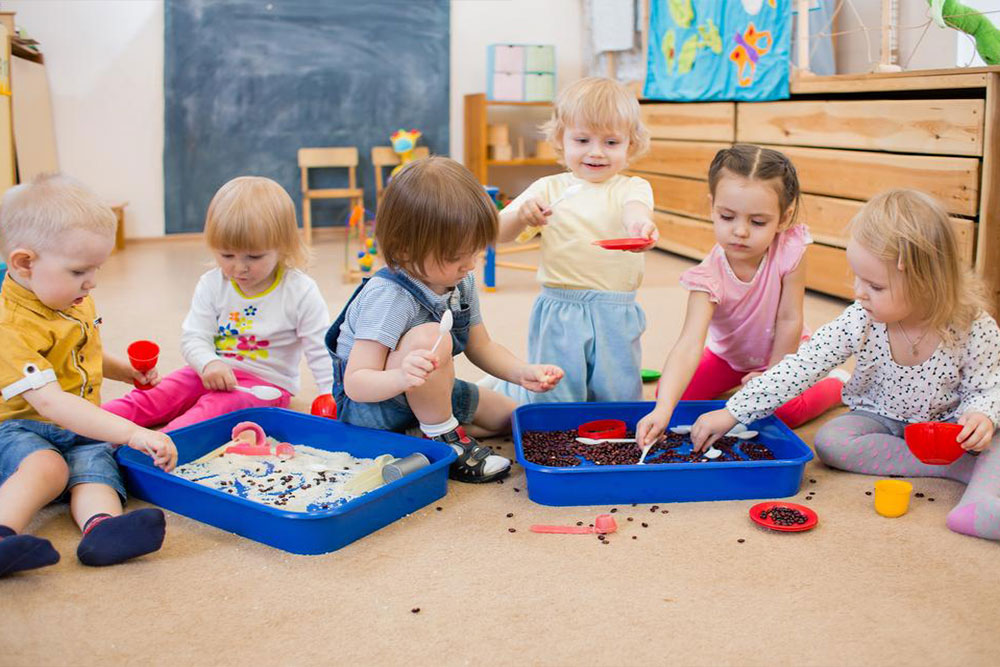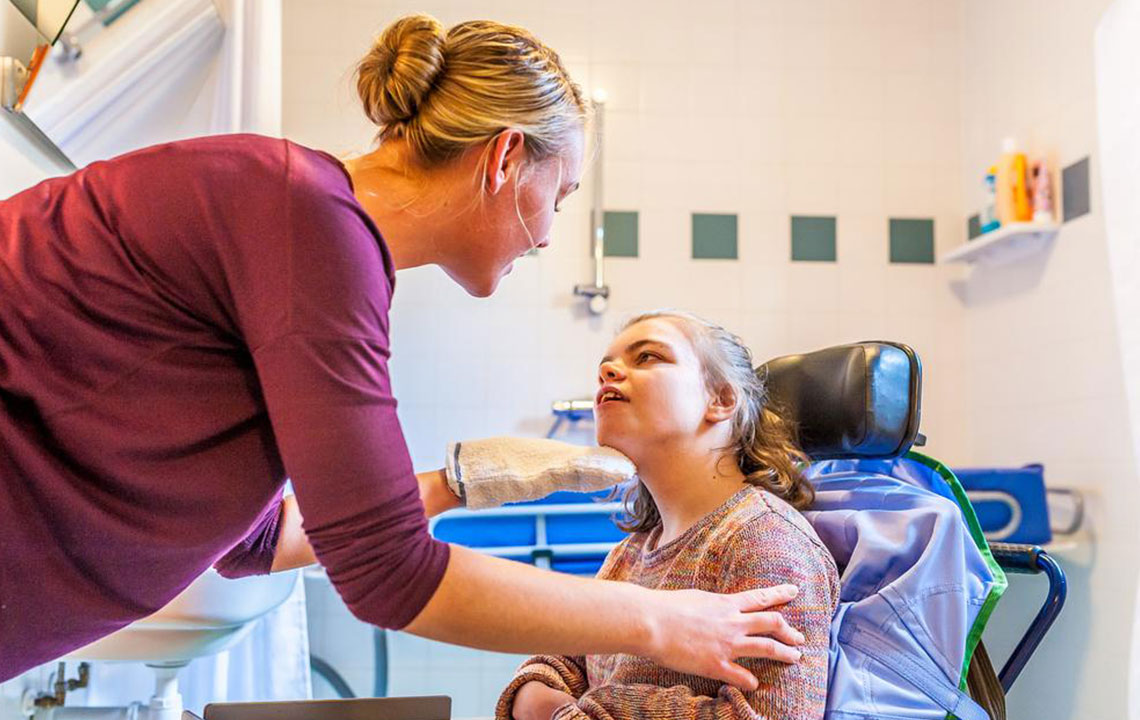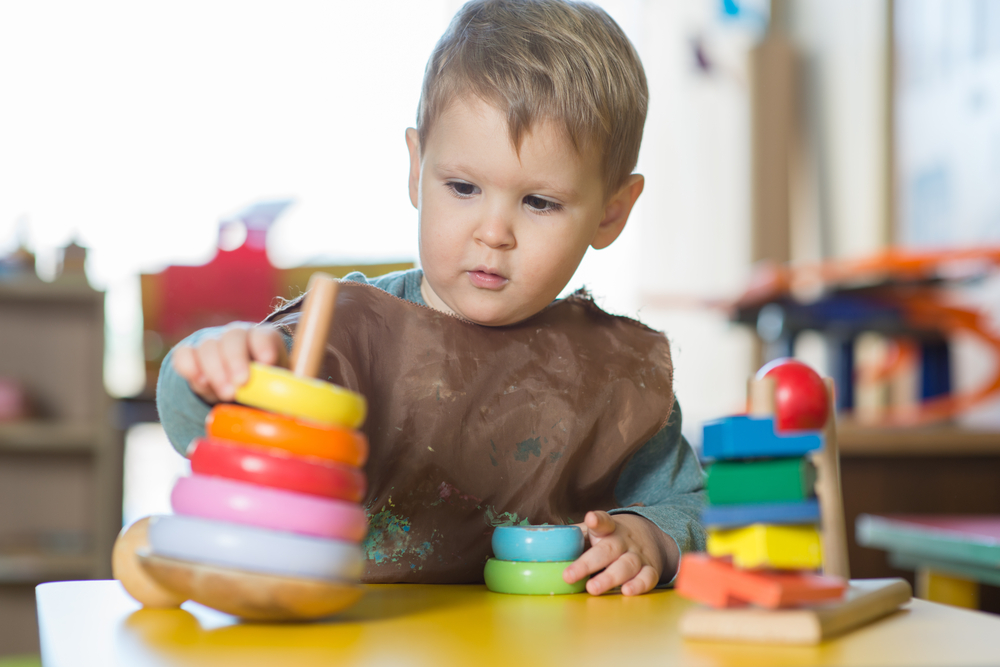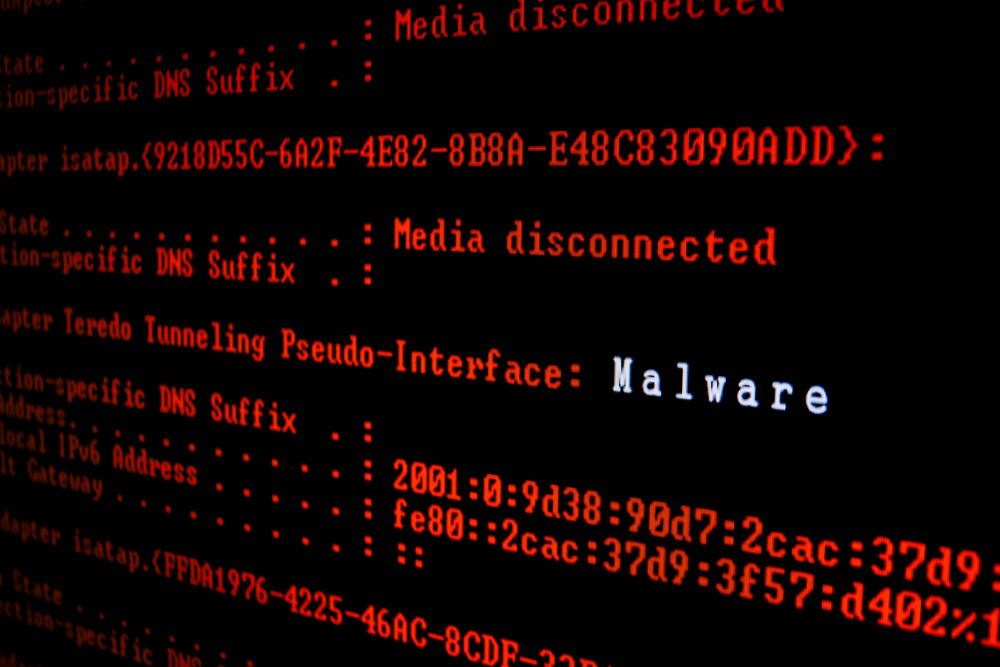Comprehensive Guide to Early Childhood Education Programs
This comprehensive guide provides insights into early childhood education programs, highlighting their purpose, curriculum considerations, essential developmental skills, and the importance of holistic growth. Learn how these programs prepare children for future academic and social success through engaging activities and skill development, emphasizing social, emotional, cognitive, and physical growth.

Early Childhood Education Programs: An Essential Overview
Early Childhood Education Programs: What Every Parent Should Know
The purpose of early childhood education programs is to foster a child's development across various skills, preparing them for formal schooling. These programs explore and nurture the child's mindset, enhancing thinking abilities through engaging activities in a supportive environment, all while aligning with family values.
Besides instilling good habits and values, these programs also address behavioral development. Teacher quality plays a crucial role when selecting a suitable preschool or early learning initiative.
Early childhood programs may be publicly or privately managed. The curriculum for preschoolers remains a widely debated topic, mainly focusing on content quality and teaching methods. Some emphasize foundational skills like language, numeracy, and structured learning, while others advocate for holistic development that includes health, emotional well-being, social skills, and creativity.
Parents should ensure that children develop essential skills before starting school, including:
Ability to interact confidently and resolve conflicts with peers independently.
Good language skills to communicate effectively using a broad vocabulary.
Observation skills, attention to detail, and curiosity about their surroundings.
Physical abilities like dressing, handwashing, jumping, and identifying nutritious food.
Cognitive skills such as engaging in role play, understanding numbers and words, and participating in simple experiments.
Creative expression through drawing and repeating sounds or melodies.
Problem-solving abilities and adaptability to new social environments.
Developing social behaviors, emotional regulation, and teamwork skills.
Overall, early childhood programs aim to promote personality development, emotional stability, communication, social understanding, creativity, and physical growth. Playing and learning with peers helps children make decisions, control emotions, build empathy, resolve conflicts, and form meaningful relationships.
Note:
Our blog offers diverse information based on research and data intended to inform readers. However, these articles should not be considered definitive. The website disclaims responsibility for discrepancies or inaccuracies found elsewhere, and readers should seek additional or updated information, including available schemes or offers beyond our coverage.










